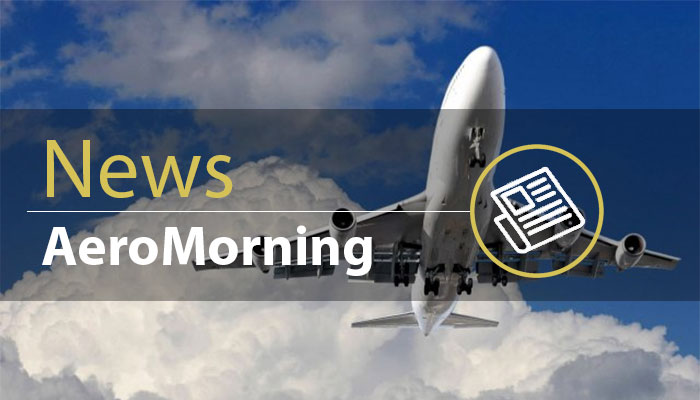- Sustainable Aviation Fuels (SAFs) key to reaching net zero.
- European aviation industry hails the inclusion of SAF as a strategic decarbonisation technology in the EU’s Net Zero Industry Act (NZIA).
- This is a prerequisite to pave the way towards the development of a strong, globally competitive EU SAF market, which in turn will be crucial in delivering on the updated EU 2040 climate ambitions.
- But further action by policymakers is needed.
Reacting to the inclusion of SAF as a ‘strategic net zero technology’ under the EU Net-Zero Industry Act, the five leading European aviation associations representing Europe’s airlines, airports, civil aeronautics industry and air navigation service providers – which are close partners through the DESTINATION 2050 alliance – are calling on EU policymakers to go further to ensure Europe develops a world leading SAF industry that will be crucial for European aviation to reach net zero carbon emissions by 2050 in line with EU climate ambitions.
The inclusion of SAF in the NZIA is all the more timely following the release of the EU’s recommendation to update the 2040 climate targets this week. The European Commission’s communication recommending the new target expressly recognised the need to address barriers to SAF deployment at scale, giving the aviation sector priority access to feedstocks and putting incentives in place to close the price gap between SAF and conventional kerosene. SAFs are a crucial component that will enable European aviation to accelerate its decarbonisation, in full alignment with the bloc’s ambitious climate agenda.
The international race to become a SAF leader has started and further policy incentives to scale up the production and uptake are required for Europe to become a leader in the global competition for SAF. These include the extension of the SAF flexibility mechanism beyond 2034; the extension of the current 20 million allowances threshold and 2030 time-limit under the SAF allowances mechanisms; increased financial support for development of SAF, including through the Innovation Fund, as well as simplifying the administrative procedure for accessing these funds.
About Destination 2050
Europe’s aviation sector is collectively on board to lead the way in reducing aviation CO2 emissions by 2030 and 2050 – making flying more sustainable for the long term. In February 2021, Europe’s airlines, airports, civil aeronautics industry and air navigation service providers laid out a joint long-term vision along with concrete solutions to the complex challenge of reaching net-zero CO2 emissions from all flights departing the EU, UK and EFTA by 2050. The independent report by the Royal Netherlands Aerospace Centre (NLR) and SEO Amsterdam Economics shows how a combination of actions from all stakeholders – including the EU and national governments – in four key areas could achieve substantial CO2 emissions reductions in line with EU climate goals. These include: Improvements in aircraft and engine technologies (including hybrid, electric and hydrogen propulsion), using sustainable aviation fuels (SAFs) both for fixed- and rotary-wing platforms, implementing economic measures and improvements in air traffic management (ATM) and aircraft operations. For more information, visit www.destination2050.e






Be the first to comment on "Inclusion of Sustainable Aviation Fuel (SAF) in EU’s Net-Zero Industry Act only the first step in developing world-leading SAF industry in Europe"